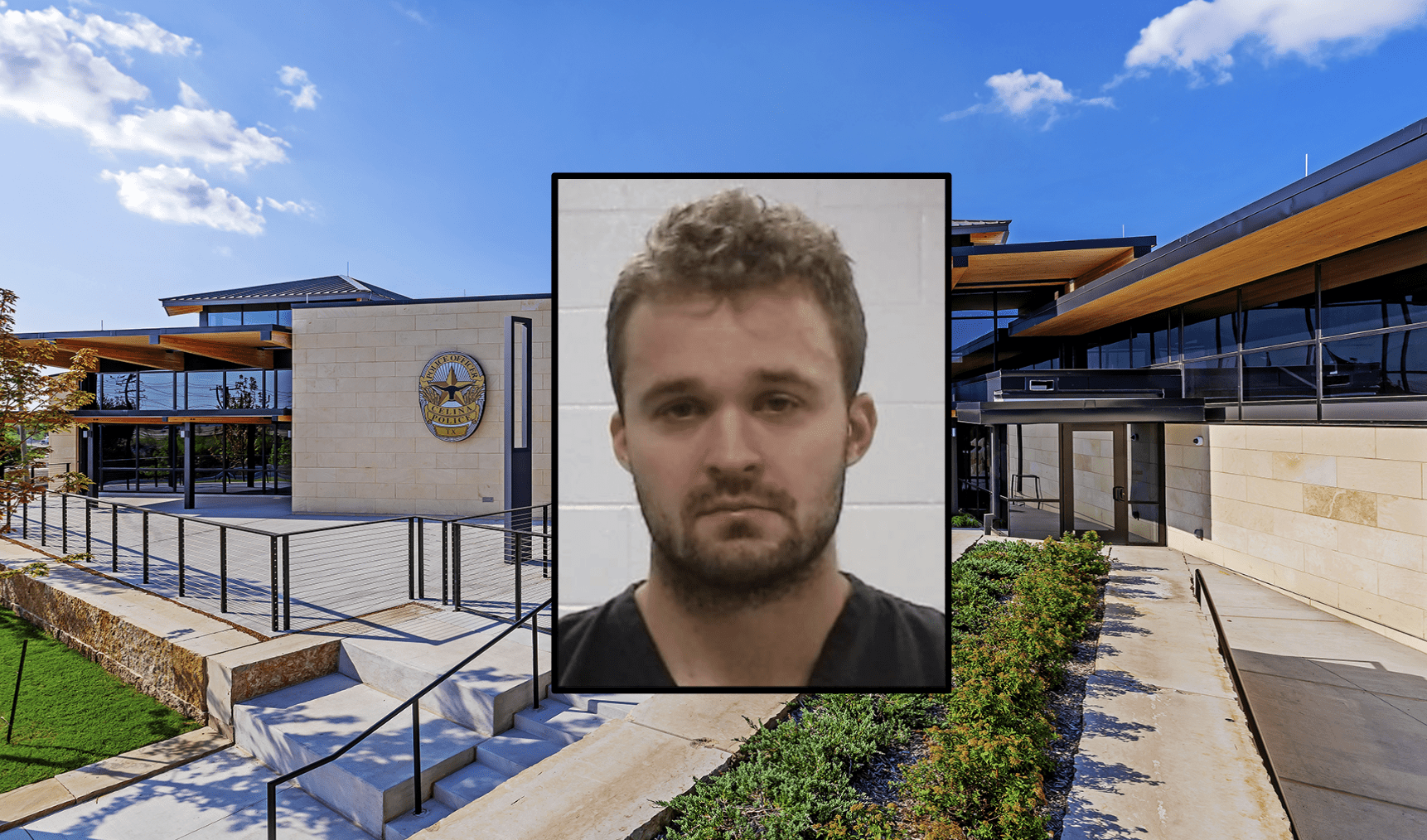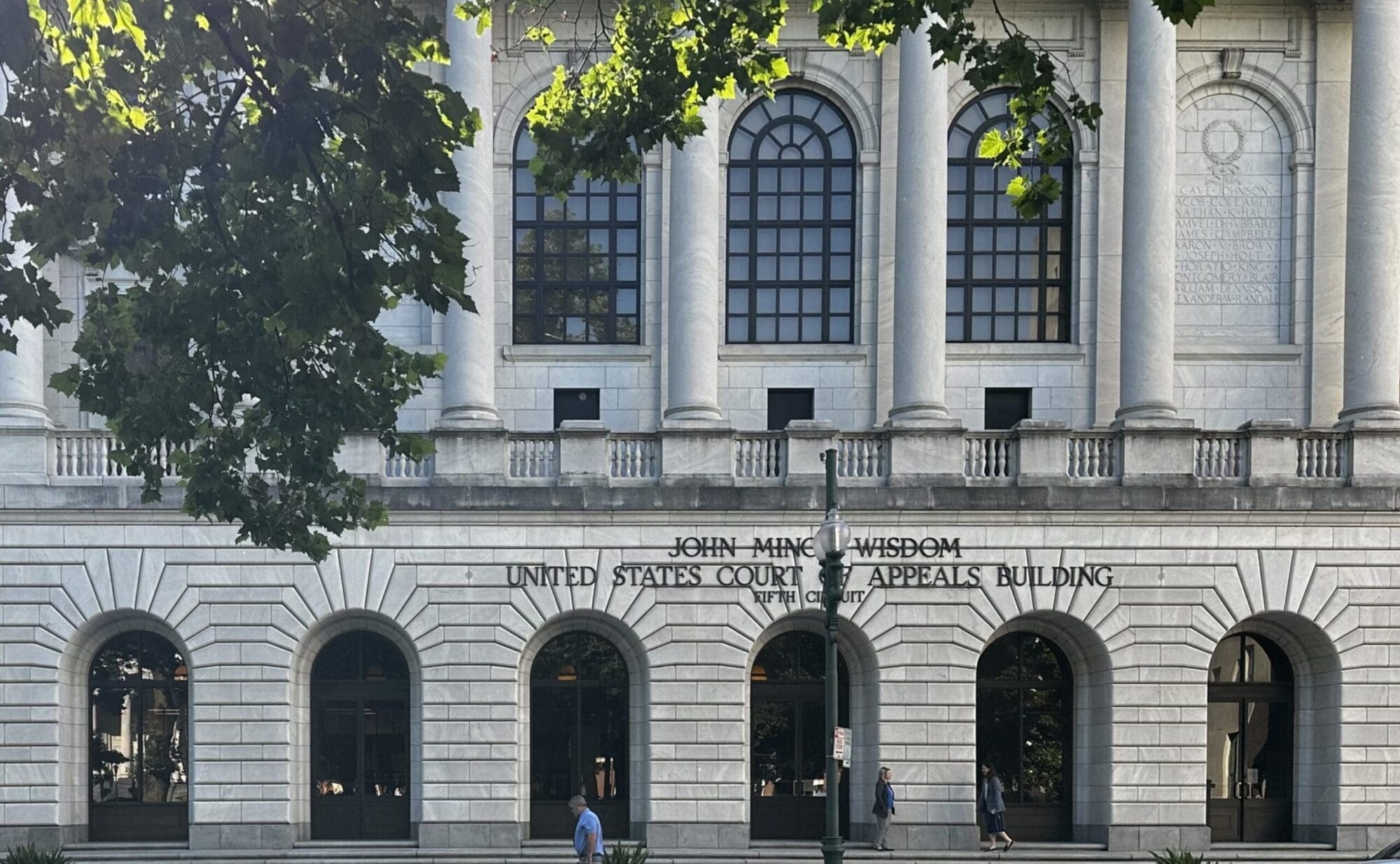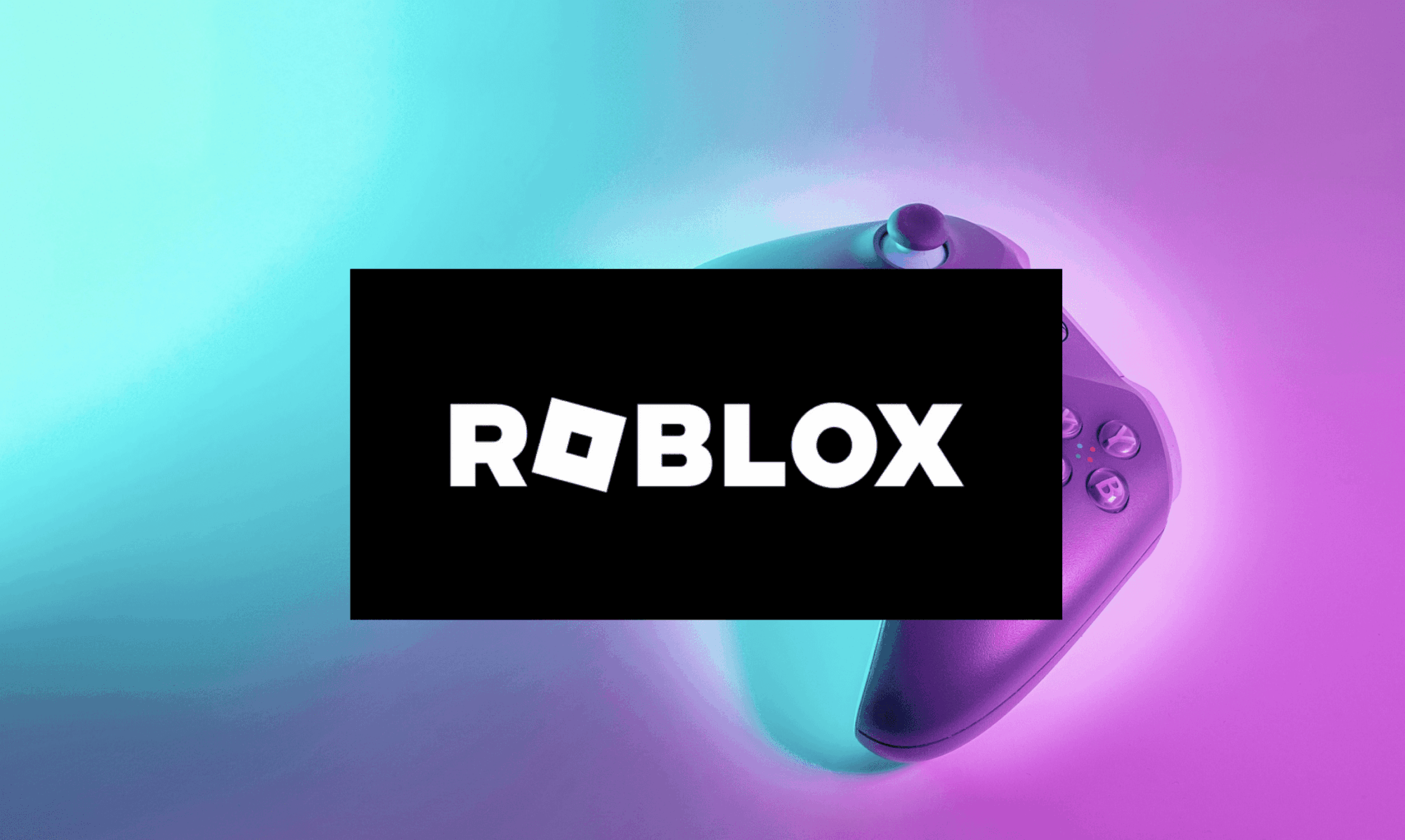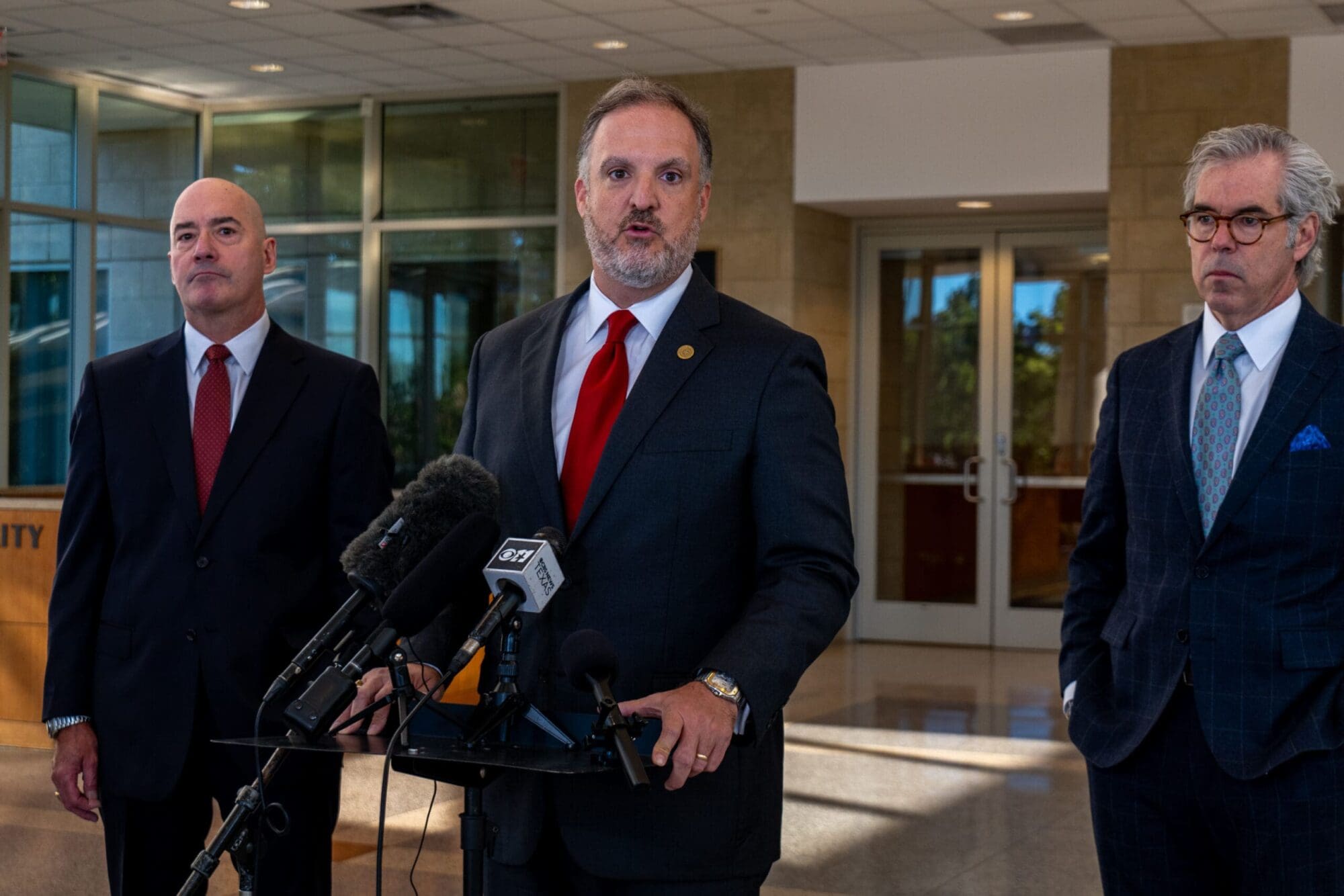With less than an hour before the midnight deadline, Gov. Greg Abbott vetoed Senate Bill 3, legislation that would have banned the sale of THC-infused products across Texas.
The veto comes after weeks of speculation over the bill’s fate, despite overwhelming support in the Legislature. SB 3 passed with backing from 105 of 108 Republicans, law enforcement officials, and families affected by unregulated THC products.
Lt. Gov. Dan Patrick, who championed the bill throughout the session, did not mince words following the veto.
“Throughout the legislative session, [Gov. Abbott] remained totally silent on Senate Bill 3, the bill that would have banned dangerous THC products in Texas,” Patrick posted on X. “His late-night veto… leaves [supporters] feeling abandoned. I feel especially bad for those who testified and poured their hearts out on their tragic losses.”
In his veto statement, Abbott said he agreed with the need to regulate intoxicating hemp products but argued SB 3 would be “dead on arrival” in court due to legal vulnerabilities.
“Senate Bill 3 is well-intentioned. But it would never go into effect because of valid constitutional challenges,” Abbott wrote. “Litigation challenging the bill has already been filed, and the legal defects in the bill are undeniable.”
Abbott cited a federal court ruling in Arkansas, where a similar law was halted for violating federal law and being unconstitutionally vague. He warned that SB 3 risked the same fate, leaving dangerous products unregulated for years while litigation dragged on.
“Texas cannot afford to wait,” he said. “Allowing Senate Bill 3 to become law—knowing that it faces a lengthy battle that will render it dead on arrival in court—would hinder rather than help us solve the public safety issues this bill seeks to contain.”
Instead, Abbott promised to call lawmakers back for a special session in July to craft a replacement that is “strict, fair, and legally sustainable.” He suggested regulating hemp products similarly to alcohol, with licensing, restricted sales hours, child-proof packaging, testing requirements, and penalties for violations.
Among his proposed reforms:
- THC product sales banned near schools and parks
- Retailers required to restrict access to those under 21
- THC limits, ingredient disclosures, and scannable testing data on labels
- Sales only allowed between 10 a.m. and 9 p.m., and not on Sundays
- Felony penalties for fraudulent lab reports
- Local opt-outs and an excise tax to fund enforcement
Abbott acknowledged the dangers posed by unregulated THC products, citing multiple high-profile incidents—including a case in Houston where a 15-year-old ingested gummies, suffered a reaction, and then shot his mother and sister.
“The problem THC poses for our communities is real,” he wrote.
But he also raised concerns that the bill, as written, would criminalize legitimate businesses and even patients, noting that “pharmacists stocking health supplements, veterans treating PTSD, and parents caring for epileptic children” could be swept up under SB 3’s vague language.
Abbott said he looks forward to working with the Legislature next month to pass a version of the law that “can take effect without delay.”
Patrick, however, left no doubt about his disappointment.
“This issue was not just a priority for me,” he wrote. “It was a priority for families who have seen their loved ones’ lives destroyed by these very dangerous drugs.”
The special session will begin on July 21.





